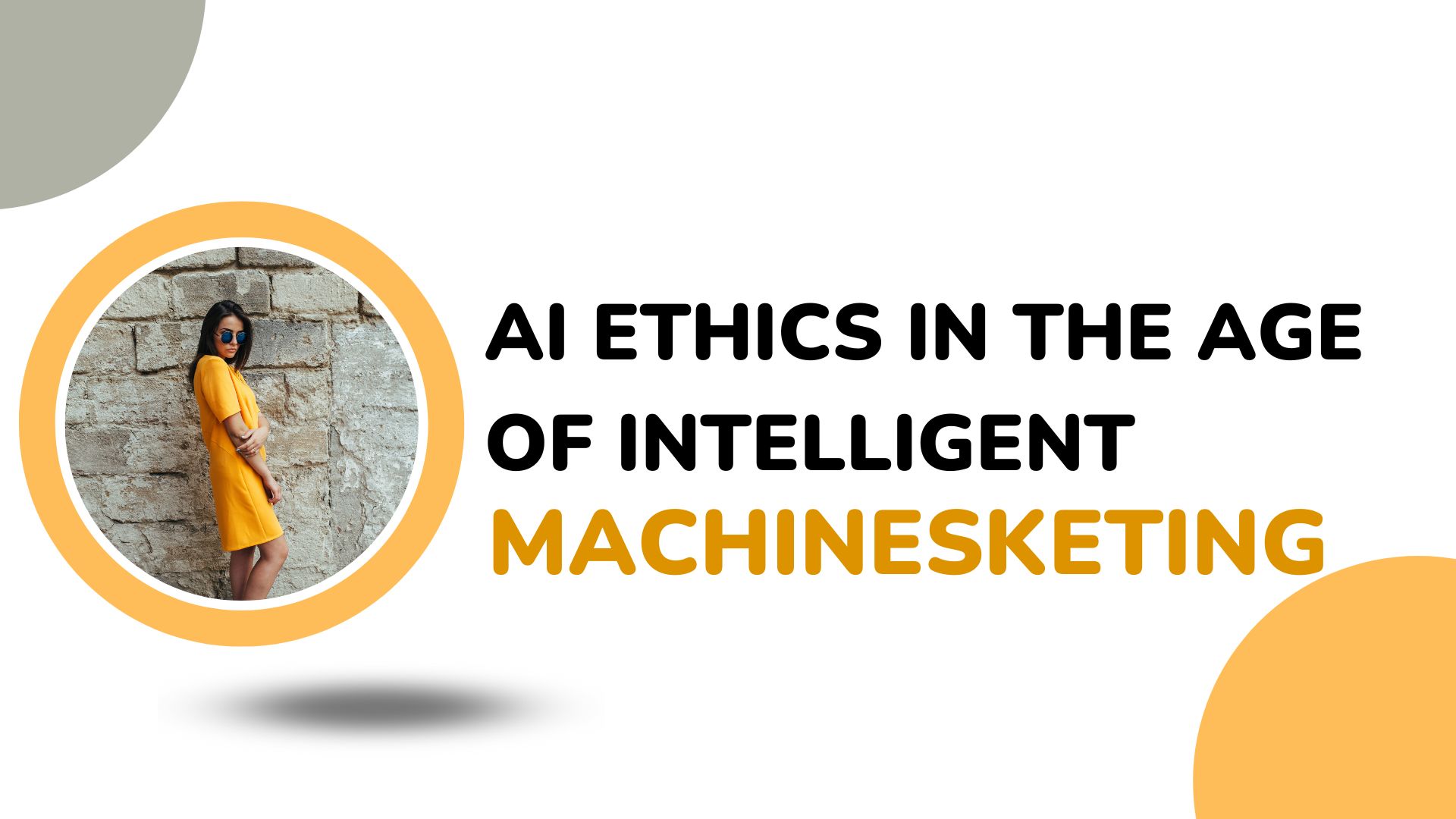Artificial intelligence (AI) is advancing at a blistering pace. Systems can now perceive the world, reason, recommend actions, communicate naturally, and even demonstrate creativity. As AI matches and exceeds human capabilities, ethical challenges arise needing urgent attention. Unless addressed responsibility, AI risks amplifying biases, threatening privacy, enabling malicious uses, and more.
Governments are beginning to establish guidelines and organizations around AI ethics. Leading technology companies institute review boards and partner with external researchers. Academics analyze challenges through an ethical lens and propose technical solutions. However, much work remains integrating ethics into everyday AI development and use before unintended consequences spiral out of control. The time is now to confront difficulties head-on, shaping the age of intelligent machines into a force promoting good.
Examining Core Ethical Tensions
AI inherently introduces tensions between virtues policymakers and developers must balance. Take privacy and utility; while data fuels AI progress benefiting society, collection practices can turn unethical or invasive. Likewise, while personalization and targeting present conveniences, they can enable exclusion or manipulation if fairness is not prioritized.
Transparency presents its own tradeoff where excessive openness risks exposing intellectual property or vulnerabilities. And as AI systems become more autonomous, determining accountability for unwanted outcomes grows complex. Policy and technical ingenuity together must secure the benefits of AI while minimizing downsides from inherent tensions.
Key Areas Demanding Ethical AI Attention
Certain AI functionalities and real-world problem domains especially require ethics-focused review:
Surveillance and Personally Identifiable Information – AI drastically amplifies monitoring, profiling, and tracking capacities through areas like facial recognition or location tracking. Processing for this data warrants strict regulation given privacy risks.
Content Moderation and Misinformation – AI moderates increasingly massive volumes of online content like social feeds. Care is vital so censorship avoids limiting free speech while still combatting misinformation, extremism, and harassment.
predictive policing, parole decisions, self-driving vehicles, and beyond all involve AI making socially impactful determinations. Developers must engineer systems explicitly considering fairness and avoiding marginalization.
Autonomous cyberweapons – As AI handles more cybersecurity, autonomous offense or defense systems could rapidly escalate conflicts. Regulation preventing this is crucial for stability.
Algorithmic bias – Spurious correlations in training data risks bake discrimination into AI. Continual bias testing and mitigation should accompany development.
Techniques and Initiatives Promoting Ethical AI
Thankfully techniques and frameworks do already show promise enforcing AI ethics:
Explainable AI – Machine learning explainability tools peer inside otherwise “black box” models, ensuring suitability for sensitive use cases and diagnosing unfairness.
Differential privacy and federated learning – These nascent methods enable model training on collective data while preserving individual privacy.
Algorithmic impact assessments – Structured evaluations model sociotechnical implications of AI systems before deployment, spurring reflection on ethics.

Standards organisms like IEEE and ISO develop formal standards around topics like transparency, accountability, safety, and avoiding bias in AI. Though voluntary, these crystallize best practices.
National strategies – Governments are tabling policies balancing AI innovation with ethical necessity. Frameworks manage risks and direct research priorities nationally.
Big Tech ethics boards and review processes – Technology corporates instituting checks around product development represents encouraging cultural change, though transparency issues persist.
Looking Ahead Towards Responsible Broad AI
As artificial intelligence grows more pervasive and embedded, risks surrounding ethical use compound. However, proactive planning and safeguard integration could make AI’s coming of age socially conscious by design.
Ongoing education around inherent tensions must permeate both technologists and the broader public so grounded debate progresses. Policy envisioning potential futures then follows public understanding with prescient regulation.
Research exploring tractable solutions to core problems needs consistent support whether in explainability, algorithmic fairness, robustness, or safety. And human-centered design principles must influence commercial and governmental deployment keeping well-being as the bottom line.
With diligence across problem spaces, native societal integration, and responsible regulation, this chapter of technology progress stands ripe for the writing rather than succumbing to a dystopian narrative of runaway AI risks. The tools for crafting an uplifting storyline exist; applied collectively now, artificial intelligence can augment all humankind’s condition rather than a privileged few alone.
